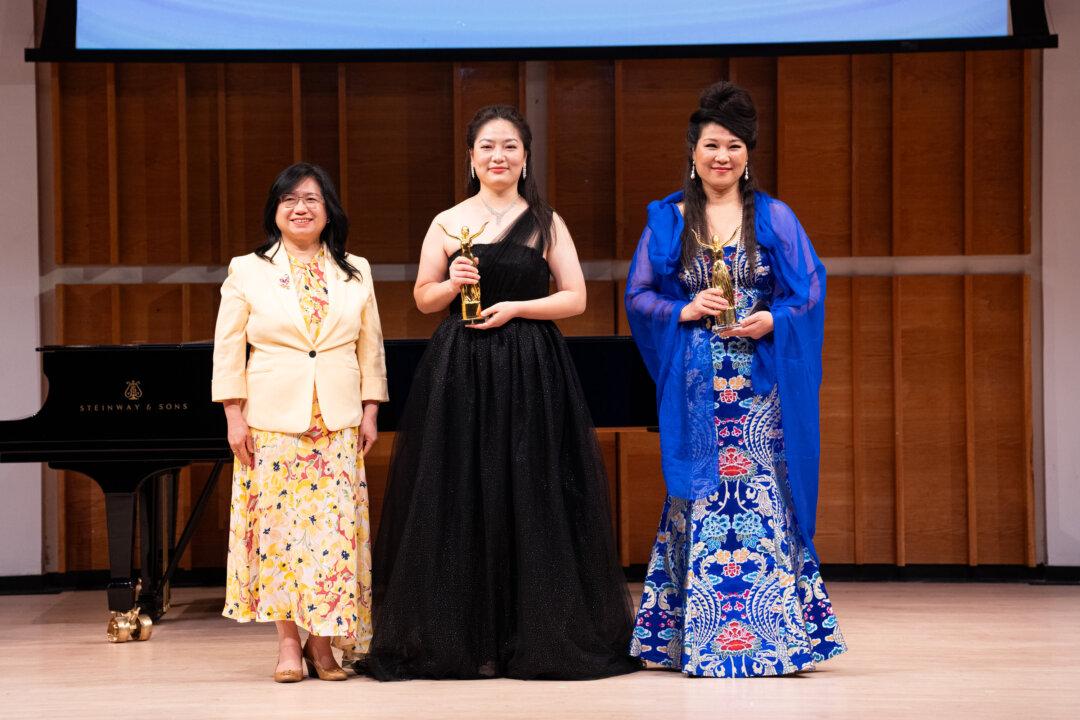The question of whose family to visit during the holidays can devolve into rather heated arguments when it comes time to celebrate the lunar new year in China.
On Feb. 6, a woman and her eight-year-old son were found alone in a car parked at the side of the Hanhong Highway in Hubei Province, central China. The woman had been in a dispute with her husband over whether they ought to visit his parents or her own.
The disagreement evidently could not be resolved as her husband parked, left the vehicle, and continued on foot, the state-run Changjiang Daily reported.
Highway police eventually found the man and he was reunited with his family. The authorities have reported similar incidents caused by lunar New Year disputes, the Changjiang Daily said. (It’s not clear whose family they eventually stayed with.)
In one case that happened on Feb. 7, an empty car was discovered on the G55 Erenhot–Guangzhou Expressway with its emergency flashers on. While the police were searching the car for information about its owner, a man came to the vehicle gasping for breath, saying that he had just been looking for his wife, who abruptly fled the car after an argument. In his haste, the husband chased after her without even removing the key from the ignition. Eventually her parents picked her up at a service area after she sent them text messages on her phone.





